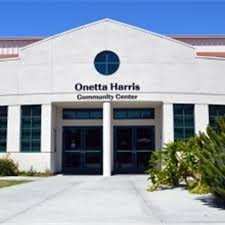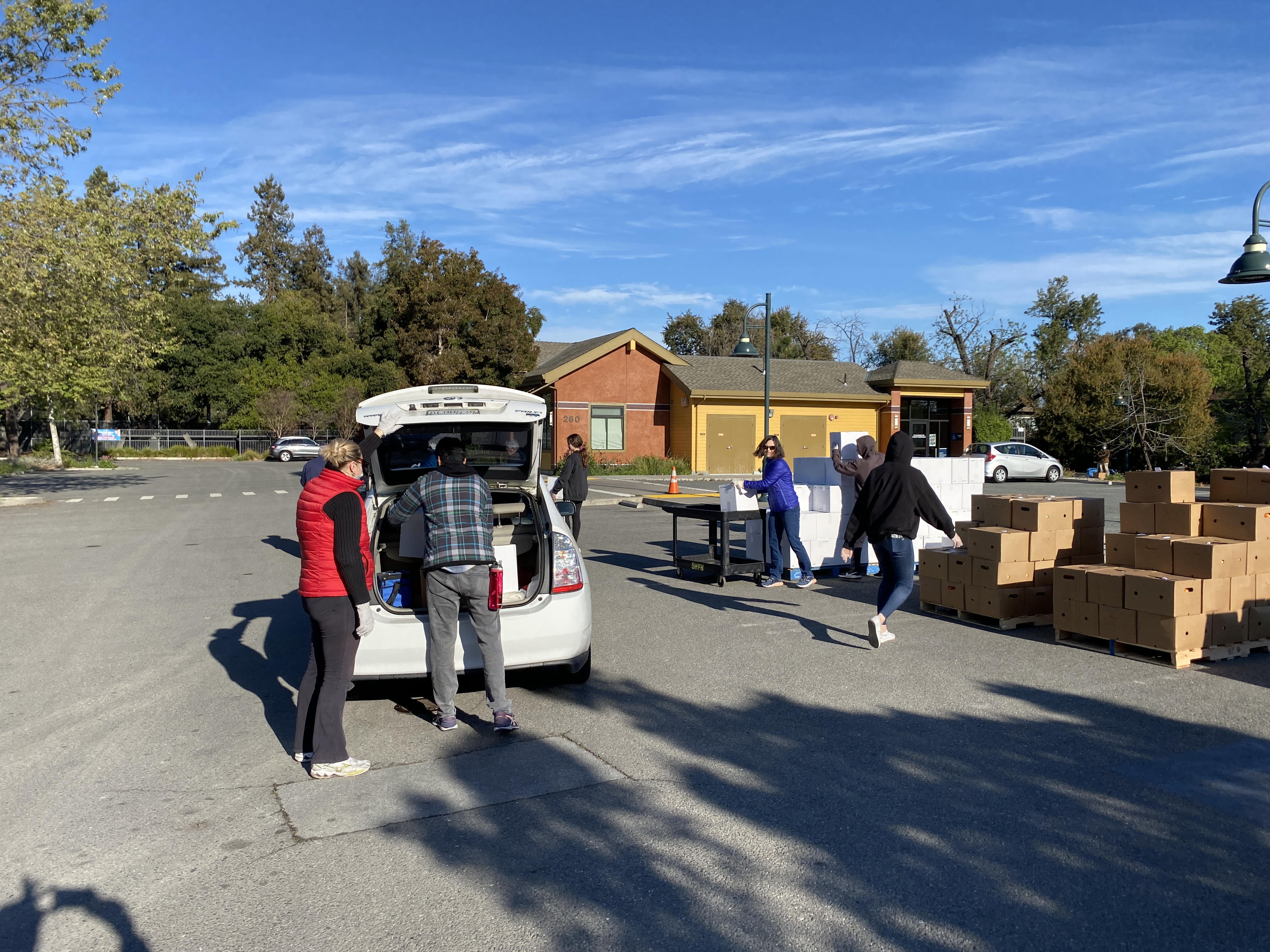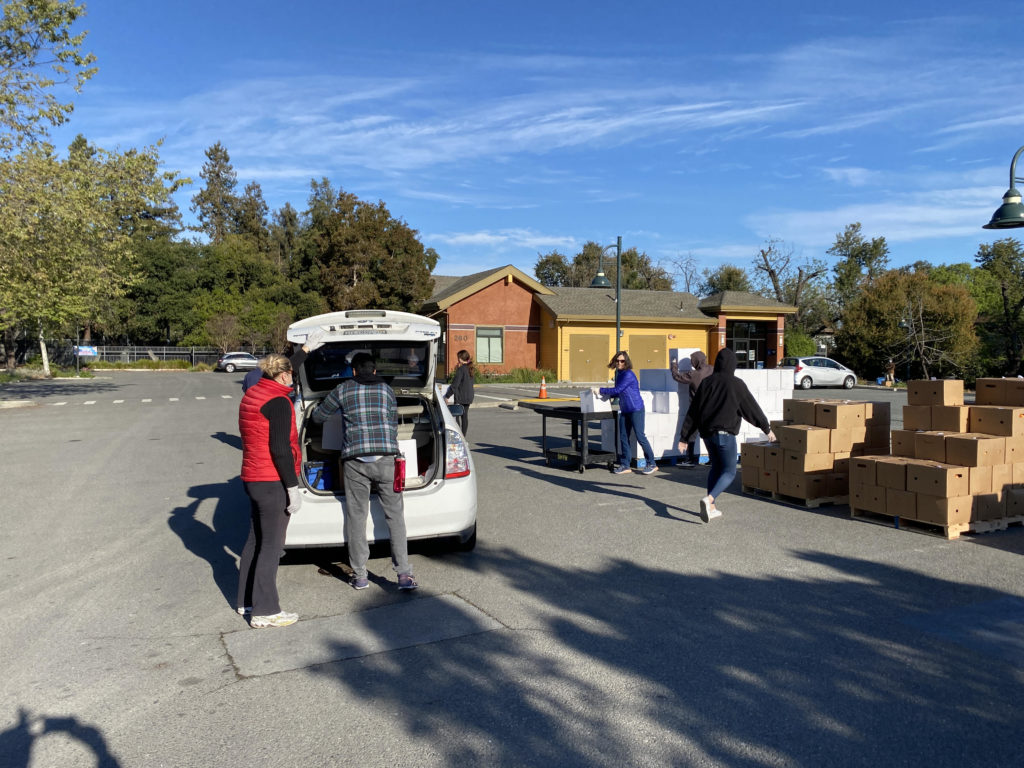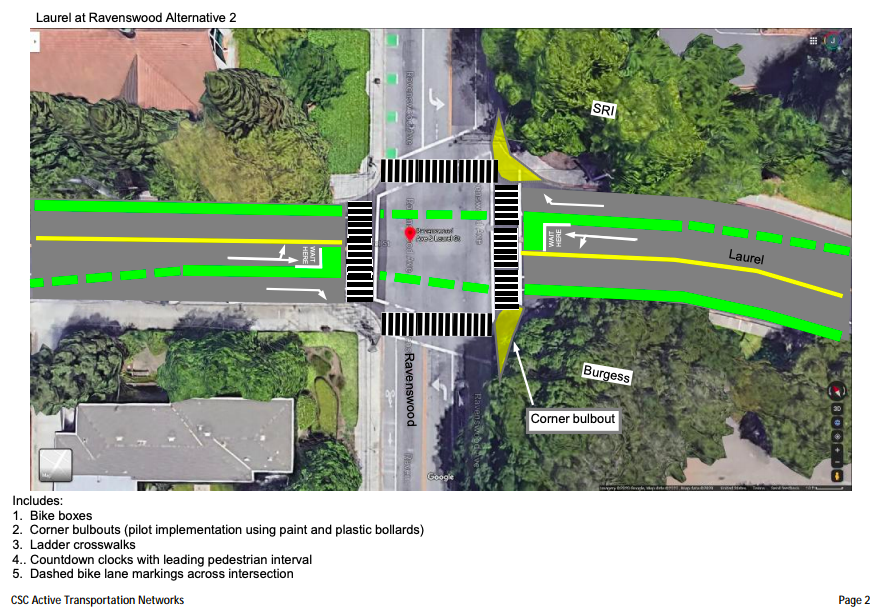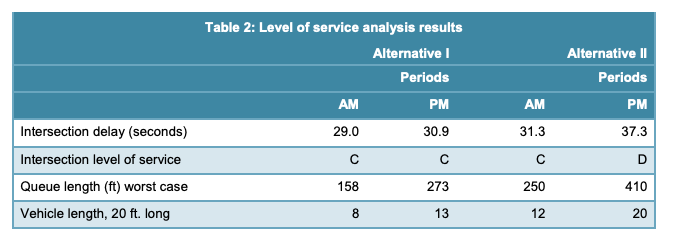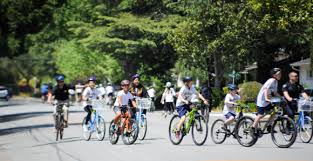On Tuesday, June 16, the Menlo Park City Council will be considering a resolution proclaiming “Black Lives Matter.” This is a welcome step, and an opportunity to go further to demand action.

Already, nearly 100 residents have signed a petition demanding that Menlo Park’s Police Open Data Portal track stops by neighborhood and race. Thanks to everyone who signed the petition. As promised, we are forwarding the names of petition signatures to City Council. If you have not yet signed, you can do so here.
In addition to the demand to track stops by race, Menlo Together’s letter is asking for several other steps to improve public safety – a Public Safety Commission with review and oversight capabilities, and to replace the upcoming “police strategic plan” with a “public safety strategic plan” that would consider more broadly what types of investments will improve community safety, and explore for which activities other community resources may be a better, such as social workers with mental health and substance abuse expertise.
You can share your own thoughts with City Council tonight – the public meeting is likely to start around 5pm, after a closed session starting at 4pm. If you are sending written comment, please send it before 3pm (see instructions below)
The Black Lives Matter agenda item is on what is called the “consent calendar” – items that Council will vote on without discussion. But the City Council will hear comments on the item and may choose to discuss if there are comments.
How to participate in the meeting
• Submit a written comment online:
menlopark.org/publiccommentJune16*
• Record a comment or request a call-back when an agenda topic is under consideration:
Dial 650-474-5071*
• Access the special meeting real-time online at:
joinwebinar.com – Special Meeting ID 987-314-579
*Written and recorded public comments and call-back requests are accepted up to 1 hour before the meeting start time. Written and recorded messages are provided to the City Council at the appropriate time in their meeting. Recorded messages may be transcribed using a voice-to-text tool.


